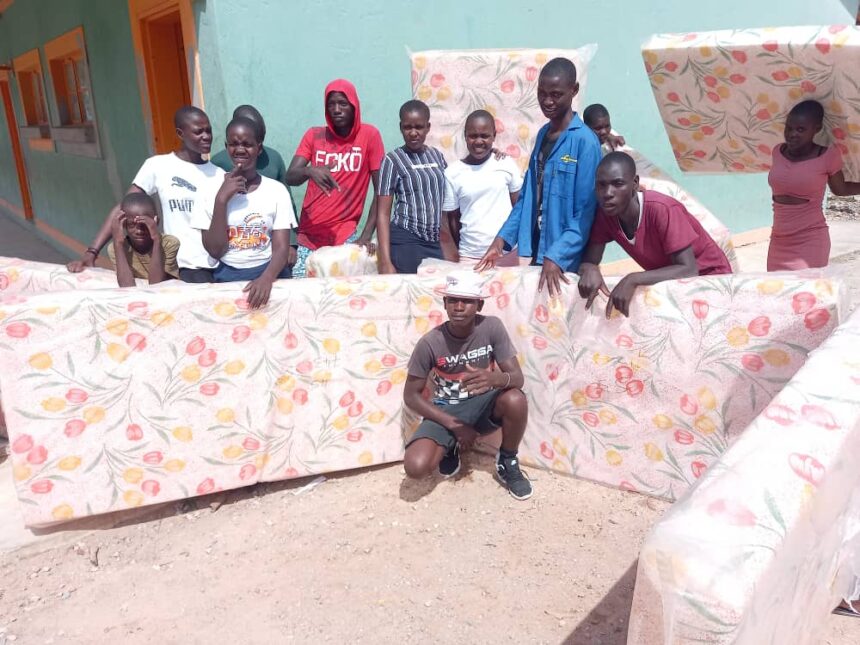Education authorities recently approved plans to subsidise the Otjerunda Combined School’s community hostel, situated 25km outside Opuwo in the Kunene region. This came after pictures of children sleeping on metal bed bases went viral on social media platforms.
Afterwards, a team was dispatched through the office of the Kunene governor to the school to assess the situation.
The school will thus receive funds from the government for hostel developmental purposes, going forward.
The education directorate in the region has also purchased 83 mattresses and 22 double-bunker beds for the hostel.
The mattresses were delivered last week, while the beds will be delivered in due course.
“Furthermore, the office of the governor, together with other stakeholders, has met with all school principals, HODs and school boards during consultation meetings from 7 to 17 February 2022 to assess schools and receive reports of challenges schools face to address them. As a strategic intervention, we have taken a resolution at this platform for schools to forward challenges to the education directorate and office of the governor, and not on just social media, for planning and solution implementation,” explained Kunene governor Marius Sheya.
Many pupils accommodated in that hostel have been living in deplorable conditions for several years after the inception of the hostel.
Getting a good night’s sleep was almost impossible for scores of children whose parents cannot afford mattresses, compelling the learners to sleep rough.
Due to a limited number of mattresses and beds, some learners have been sleeping on the floor, while others use their blankets or improvise with the bed base, which is the part of the bed that supports the mattress. In addition, the learners are also compelled to share beds.
The community hostel that is under the supervision of the teachers was built in 2015, and is home to over 500 learners.
According to a close source, the children’s parents were informed to provide mattresses for their children, and learners whose parents could not afford were forced to sleep on metal bed bases.
“The situation was really bad, as many learners struggle to sleep peacefully, and there was nothing much teachers nor the management could do,” the source said.
Apart from a decent place to sleep, the rooms are also overcrowded.
Since its inception, the children were sheltered in shacks and self-made informal hostel blocks until 2020, when the government built two hostel blocks.
“The hostel capacity cannot accommodate all the learners, so they sleep in crammed rooms. The newly-built blocks can only accommodate about 300 learners,” the source continued.
Giving clarity on the situation, the education ministry’s executive director Sanet Steenkamp said the hostel in question is a community-established hostel, and the photos which circulated on social media were taken from the old self-made informal hostel blocks.


